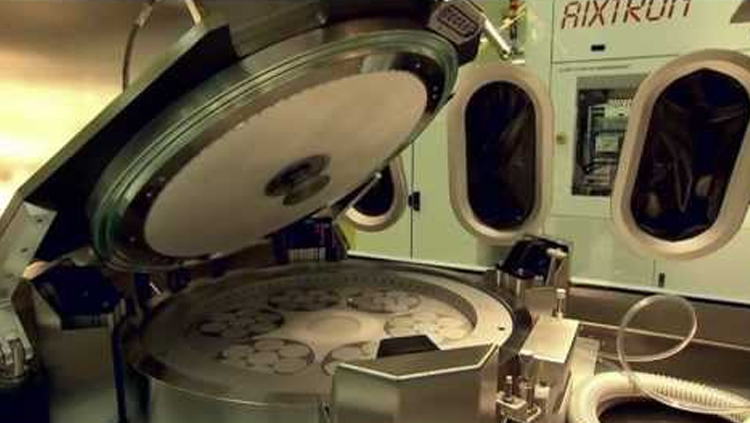UK consortium to address skills shortages

Bay Photonics, Phlux Technology and the University of Sheffield win £400k Innovate UK funded grant
Bay Photonics and Phlux Technology are part of a consortium to have been awarded an Innovate UK funded grant (~£400k), to address the semiconductor skills shortage in the UK. The project is led by the department of electronic and Eeectrical Engineering and the department of multidisciplinary engineering education at the University of Sheffield.
Phlux, a spin-out of the University of Sheffield, designs high-performance infrared sensors using AlGaAsSb for sensing and communication systems. Bay Photonics is a UK-based design facility that focuses on photonic chip assembly and packaging for optoelectronic component manufacturers.
The project is called ASISST (Addressing Shortages in Semiconductor Skills Training) and will see the partners producing accessible, relevant semiconductor training courses to meet the specific requirements of employers in the semiconductor sector in order to increase the flow of talented people into the industry.
Ben White CEO and founder of Phlux Technology said: ” The UK has a wealth of game changing ideas, but a chronic shortage of the people with the skills needed to turn these ideas into companies. We are pleased to help inspire the next generation of STEM innovators who fulfil their potential and bring a step change in the development of tech companies across the UK. We at Phlux hope to benefit from this work by being able to hire the next generation of innovators to advance our technology in Sheffield.
Andrew Robertson, CTO of Bay Photonics commented: “This project is in complete alignment with the recent UK National Semiconductor Strategy. We are focused on providing semiconductor training skills that the UK semiconductor industry is crying out for to ensure we remain competitive in this strategically important and rapidly growing market.”


































